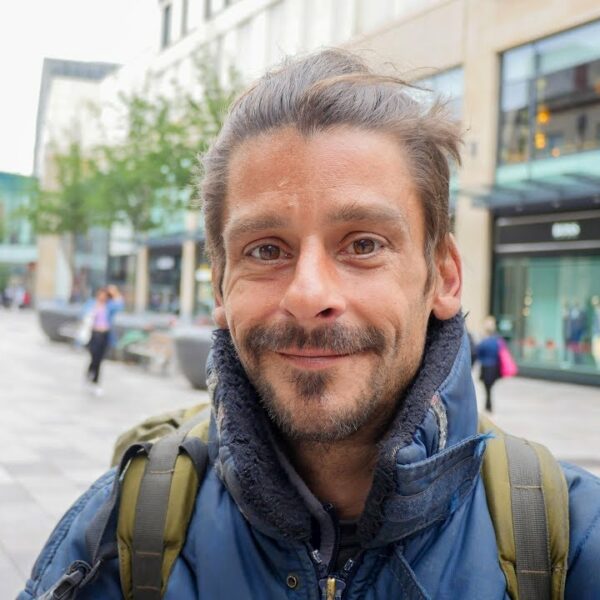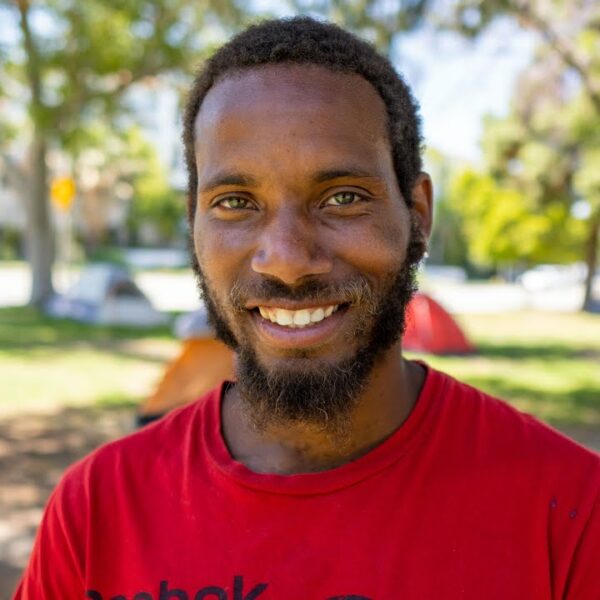All It Does Is Make Things Worse
The criminalization of homelessness, and certain behaviors and actions that are unavoidable when a person happens to be homeless, is on the rise across the country.
But what is it really doing for us?
Proponents insist that “being tough” on homeless people, “cracking down” and “clearing out” encampments is the only way to keep homeless people off the streets and out of public places.
But these harsh measures only move people around and make life miserable for those on both sides of the enforcement coin.
Draconian treatments of the symptoms aren’t going to solve the underlying problem. If you want homeless people out of public places, the best way to accomplish that isn’t to punish them for being there. It is providing private places they prefer to be.
It’s not rocket science. But there is science to back it up!
Criminalization Doesn’t Work
A recent report from the National Law Center for Homelessness and Poverty shows that punishing people for being homeless is not only cruel but ineffective, which actually makes it even crueler. They say it best in the report’s summary:
“Although many people experiencing homelessness have literally no choice but to live outside and in public places, laws and enforcement practices punishing the presence of visibly homeless people in public space continue to grow. Homeless people, like all people, must engage in activities such as sleeping or sitting down to survive. Yet, in communities across the nation, these harmless, unavoidable behaviors are punished as crimes or civil infractions.”
It goes on to report in detail the changes and trends in criminalization efforts over the past 10 years in 187 different cities across the country. So far, none of those cities have been able to make a dent in their levels of homelessness, even using extreme measures.
The full 73-page report is an interesting read, but there’s also a two-page summary full of the most important takeaways for the time-starved reader.
Criminalization Is Expensive
Isn’t it funny how no one ever cries “how are we going to pay for this?” when expansive new police programs are proposed?
Enforcement of these bans is not free. They cost dearly in terms of police time and attention that could be going toward more urgent and important matters. Chasing homeless people from one area of town to another over and over again takes up a significant amount of manpower that will need to be made up for in order to continue providing basic services like responding to actual crimes.
Sweeping encampments is another expensive but popular activity. Outside contractors are often brought in to clear and clean the area. Police are present to confiscate belongings and move people along. And, in a few weeks’ time, it will all be done again.
Needless to say, collecting fines from ticketed homeless people who have little to give is not exactly covering costs.
Criminalization Actually Makes Things Worse
In a twist that should surprise no one, while camping bans and other criminalization efforts are skyrocketing across the country, rates of homelessness are … also going up.
Penalizing homeless people just for being in the wrong place at the wrong time is helping no one. In fact, it’s harmful.
These interactions often result in fines to pay or criminal records. Both of these consequences prevent people from being able to afford or qualify for permanent housing and other programs that may help them to get off the street faster. They may be denied housing or employment opportunities because of their previous arrests.
Essentially, criminalization is backfiring in its professed goal of keeping people off the street. In reality, all it does is set people back and keep them homeless longer.
Criminalization of Homelessness is a War on the Poor
So, if these criminalization measures are ineffective and even counterproductive in getting people off the streets for good, why do they keep popping up in new cities all across the country every month?
It could be because the people who support them don’t really want to end homelessness at all. All they really want to do is keep the so-called “undesirables” out of the way of their businesses and homes. And if they can incorporate a little bit of punishment in the process, even better!
The people making these laws obviously see homeless people as less than themselves. They apparently don’t realize we are all a few bad shakes away from being homeless ourselves.
Poverty is not a sin. Not having money isn’t the same as not having morals. It should NOT be a crime to be poor.
Some people want to see it that way because it’s comforting to them. After all, if you believe homeless people only became homeless because they’re stupid, immoral, or otherwise fundamentally flawed, then it can be avoided by simply not doing those things. If you believe homeless people are mostly victims of unfortunate circumstances, it becomes a scary thought. It’s difficult to avoid bad luck.
In the system we have created, homelessness is the natural ending point for those whose luck has run out. When all else has already failed, there you are. How can you make it a crime to have no options left? When that happens, the system is rigged, and we need a complete overhaul.
Maybe in the next system, we’ll prevent people from falling to the bottom instead of stepping on them once they’re there.
Photo by Matt Popovich on Unsplash













